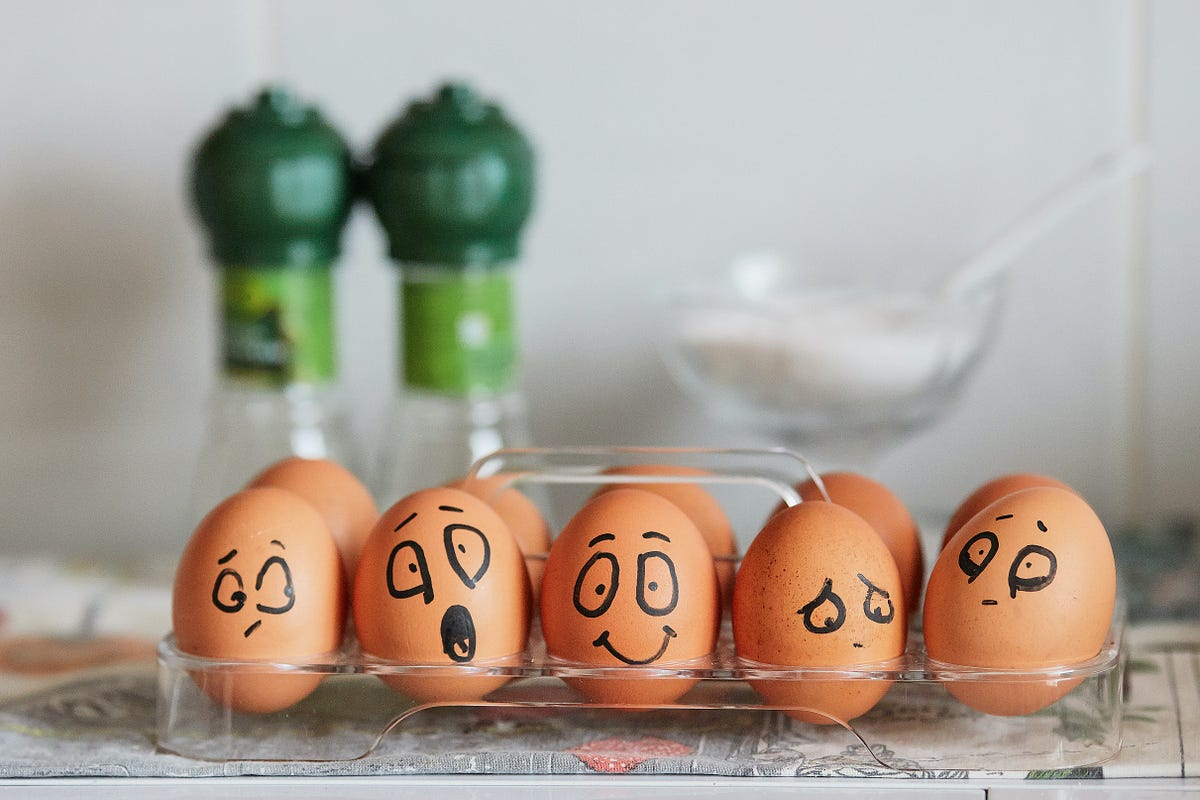Death, Toilets, and Emotions
Oct 25, 2020 4:01 pm
Hey friends,
Welcome back to another issue of Thought Caffeine, a weekly newsletter where I share my favourite productivity tips, random party facts, and other interesting finds throughout my week.
📚 Book: Viktor Frankl’s Man’s Search for Meaning
This book taught me a lot about the inevitable suffering of life; that human suffering does not necessarily have to be bad.
Sometimes life will throw things at us, painful hardships and grief and stress. But that is no reason to give up, or frown, or be depressed. Because when we give meaning to our suffering, it becomes bearable.
Frankl was a neurologist, psychiatrist, and holocaust survivor. He lived through one of the worst events in modern history, and retold his experiences through the point of view of logotherapy, which is based on the premise that the primary motivational force of an individual is to find meaning in life — not happiness. Logotherapy gave him hope, an image of tomorrow and the future, and that gave him the motivation to live through the torment until he was eventually set free in 1945.
Later in his practice, Frankl recounts one story of an older gentleman, who came to his practice depressed after losing his wife. Frankl asked this man if his wife would suffer should he himself have died first. He told Frankl yes, without a doubt. Frankl then responded, saying that he spared his wife’s lifelong suffering by living through it himself. This gave him meaning, a ‘why’ to the suffering — and it gave him the strength and willpower to continue.
🚽 Clean The Bathrooms
A McDonald's franchise owner was once asked what separates the best restaurants from the worst ones.
"The bathrooms," he said.
If the unsexy stuff is well-run, everything else will be too.
👨🏽🦳 What I Learnt From Loss
Sometime this week, my granddad passed.
He was 78. Grandpops and I used to spent a lot of summers together, catching grasshoppers, watching films, and singing songs.
I knew the day would come eventually, but I could never have anticipated how I'd feel. I often pondered and mused and simulated, but they were all ifs. Now it’s become real.
I expected to feel a profound feeling of sad and melancholy like none before (I’ve never experienced loss of someone close before). Instead I felt appreciation. A genuine, powerful feeling of appreciation.
Appreciation for the life and passing of a beautiful soul. Appreciation for my dad’s straightforwardness (as he delivered the news). Appreciation for a swift (and hopefully painless) death. Appreciation for everyone who showed attentive support. Appreciation for the lives that remain. Appreciation for the very thing called life.
🎙 Podcast: Invisibilia on Emotions
I had this on on my Airpods on my Wednesday evening run, and it shook the entire scaffolding of my understanding towards emotions.
Culture and society thinks of emotions as something we experience. A thief knocks down your door and you are flooded with fear. Your baby smiles up at you and you are filled with love. It feels like this is how emotions work: something happens, and we instinctively respond.
But Invisibilia offers an alternative theory. They postulate that emotions are how we make sense of the world. Emotions shape the way we experience life.
Emotions are concepts our brain creates to make sense of the world around us. When we experience a new sensation, our body tries to make sense of it by linking it to a similar previous experience — and then attaches an emotion to it, say sadness.
But what’s the significance of this? Why does our body do this?. Our brains are bestowed the grand task of keeping every tiny system in our body in line. It’s not exactly an easy job, so the body copes by simplifying every system to its most integral functions — and like a supercomputer, learns its way around new experiences. It creates new concepts by linking similar past experiences. Your emotions are shaped in your childhood — through your upbringing, early social encounters, and experiences.
✍️ Article: Where Do Emotions Come From?
Many of us think of emotions as a reaction. Something happens, causing us to feel an emotion. Pyschologist Lisa Feldman Barrett however says that this is a misguided concept with real tangible repercussions. She offers a different way to think about emotions. The synopsis is in the passage above and it blew my mind the first time I listened about it.
📖 Quote of the Week
“It’s interesting that in the Bible, in the book of Ecclesiastes, the only practical advice given about living a meaningful life is to find a job you like, enjoy your marriage, and obey God. It’s as though God is saying, Write a good story, take somebody with you, and let me help.”
From A Million Miles in a Thousand Years by Donald Miller. Resurfaced via Readwise.
🐦 Tweet of the Week
That's all for this week's issue. If you think your friends would enjoy receiving emails like these on the weekly, please share this with them by hitting <Forward> and have them click on the button below to subscribe to Thought Caffeine 🚀
Have a blast of a week! 🌊
John


